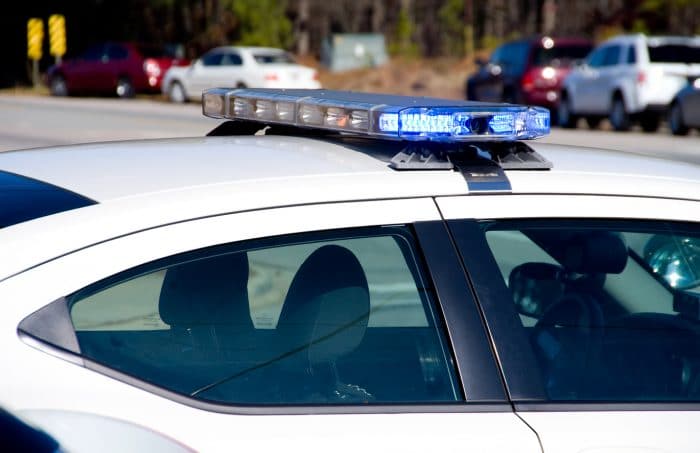If you or someone you know is facing a Motion to Revoke Probation, it is a very serious matter that must be looked at in detail to decide how best to approach a defense.
Each Motion to Revoke is different and provides a list of allegations of what the probationer did or fail to do that violated his or her probation.
The Motion to Revoke Probation asks the court to remove the probation and sentence the probationer to incarceration.
The first thing to do when fighting a Motion to Revoke is to review the motion itself and specifically review each allegation.
If an allegation is false, it is best to obtain documentation proving that the allegation is indeed false. If an allegation is true, but there is a good reason or reason beyond the probationer’s control for having violated that condition, documentation should be obtained to corroborate that reason.
For example, an allegation might assert that the defendant committed a new criminal offense. If the criminal offense was later dismissed, a copy of the dismissal would need to be obtained to document the fact that the offense was not in fact committed as alleged.
Sometimes an allegation might be true, but a probationer might have a reason beyond his or her control for having that violation. For example, a probationer might have failed to report due to being hospitalized at the time the probationer was to report. Under these circumstances, it would be imperative to obtain copies of the hospitalization paperwork which includes the discharge date.
For allegations that are true, getting into compliance as quickly as possible might help get a better outcome for the case.
In any event, when fighting a Motion to Revoke, documentation is key to having a successful defense.
For a Motion to Revoke the options are more limited than a fighting a new offense, as a judge ultimately will make the final decision about whether or not the State has presented sufficient evidence to find by a preponderance of the evidence that a violation took place.
If the Judge ultimately finds that there is sufficient evidence then he or she will decide what the consequence of such a finding will be. If the Judge finds that there is not sufficient evidence, then the Judge will deny the State’s motion and the probationer will be continued on probation.




